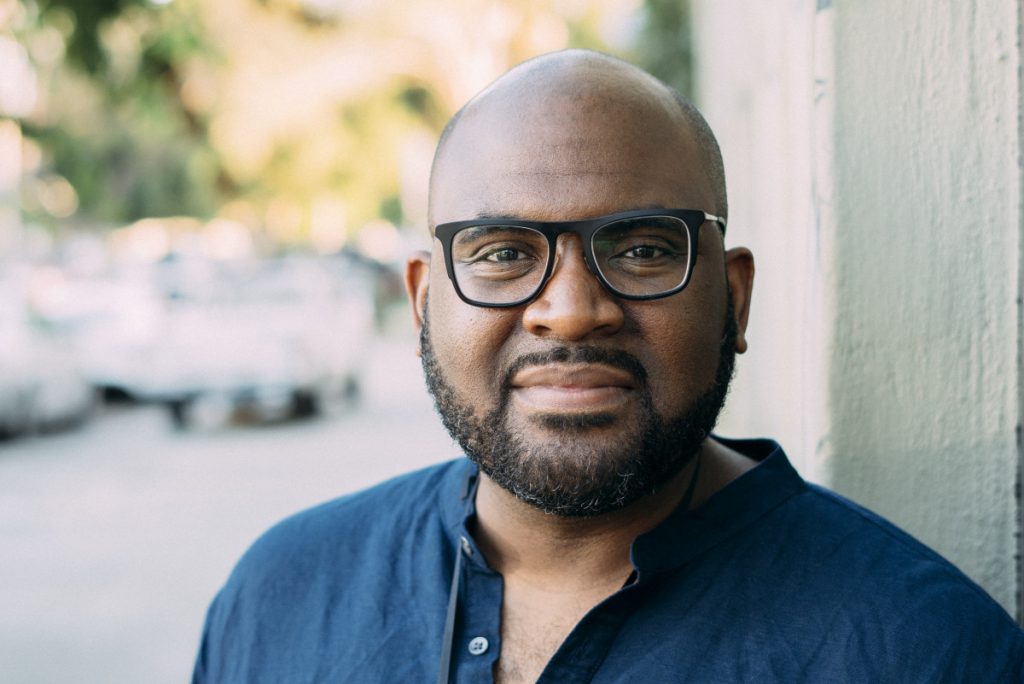As a leader in the Buddhist tradition, Lama Rod Owens helps people come to terms with their trauma and cope with loss, so they can help others work through their own trauma. Through helping people help themselves and then others, his hope is to create a better world built on compassion.
He will give his lecture, titled “Compassion as the Way Forward,” at 2 p.m. Thursday, Aug. 25 in the Hall of Philosophy for Week Nine of the Interfaith Lecture Series, themed “Faith and the Tapestry of the Future.”
“I’m hoping that people really get a clear understanding of what Buddhism is,” Owens said. “Once we connect to our suffering and the suffering of others, we start actually generating this deep wish for all of us to be free from the suffering.”
Owens said he became interested in Buddhism and compassion when he left the Christian Church. He started meditating, studying philosophy, and making friends with Buddhists, and attended a three-year silent retreat at the Kagyu Thubten Chöling Monastery, outside of New York City, from 2008 to 2011.

“I was cloistered with three other men at their home at the monastery,” Owens said. “We spent over three years practicing together, meditating, chanting, studying and so forth.”
He is the author of, with Jasmine Syedullah and the Rev. angel Kyodo williams — herself a previous speaker for the Interfaith Lecture Series — Radical Dharma: Talking Race, Love and Liberation. After becoming an authorized Lama, or Buddhist teacher, in the Kagyu school of Tibetan Buddhism, Owens also completed his Master of Divinity at Harvard Divinity School.
He wants people to understand they cannot help reduce harm and violence from others without first helping themselves.
“I believe compassion is one of the strongest, if not the most important, thing that we can practice right now,” Owens said. “Compassion helps us to do really deep emotional labor for ourselves that helps us to take care of our despair, grief, anxiety, fear, anger.”
It was during his three-year silent retreat that Owens worked through his own pain and trauma, arriving at a place of forgiveness and compassion. Many people don’t know how to take care of themselves during, and after, traumatic experiences, and Owens said that creates tension in the world.
“I think this is why so many of us are feeling overwhelmed and depleted and shut down, as well,” Owens said. “Compassion essentially keeps our hearts open. It helps us stay connected to how we’re feeling, it helps us to understand how other people are feeling.”




